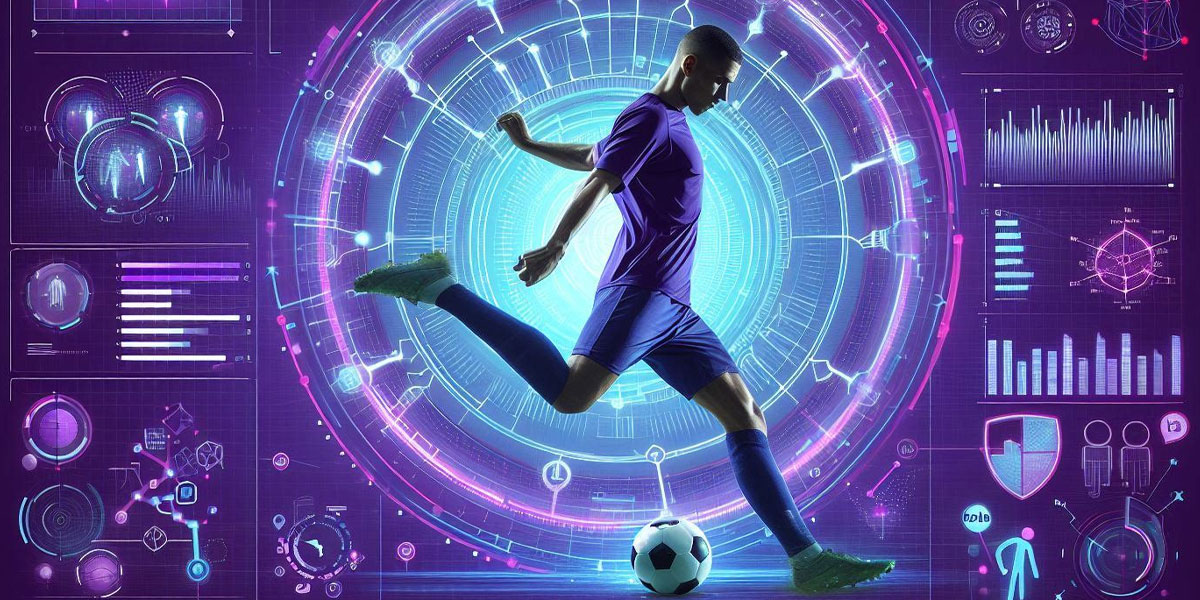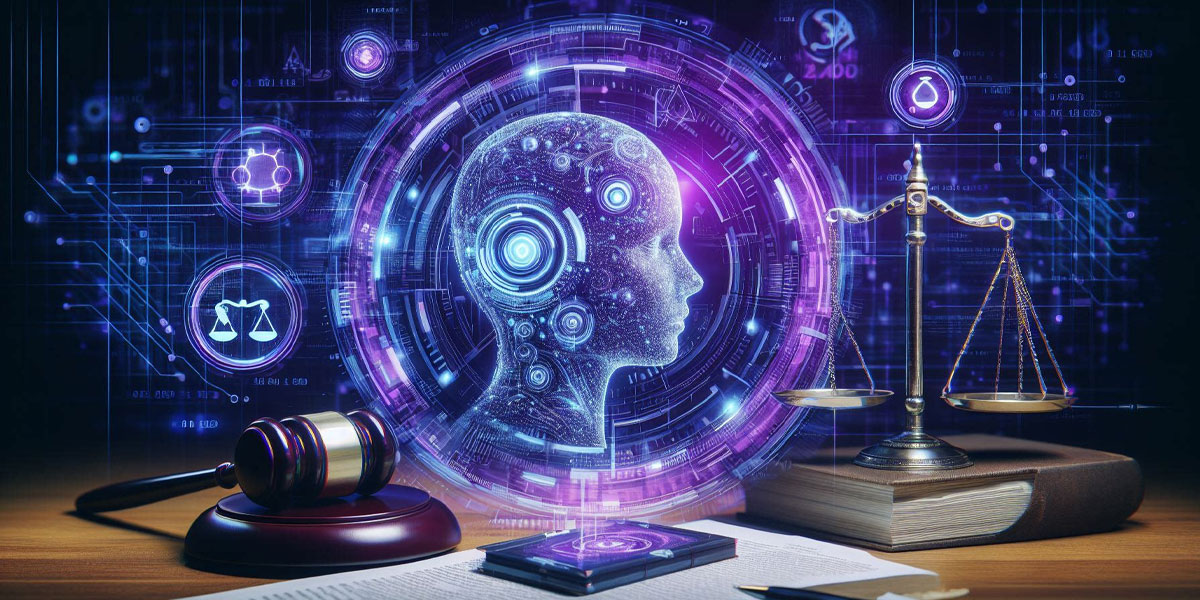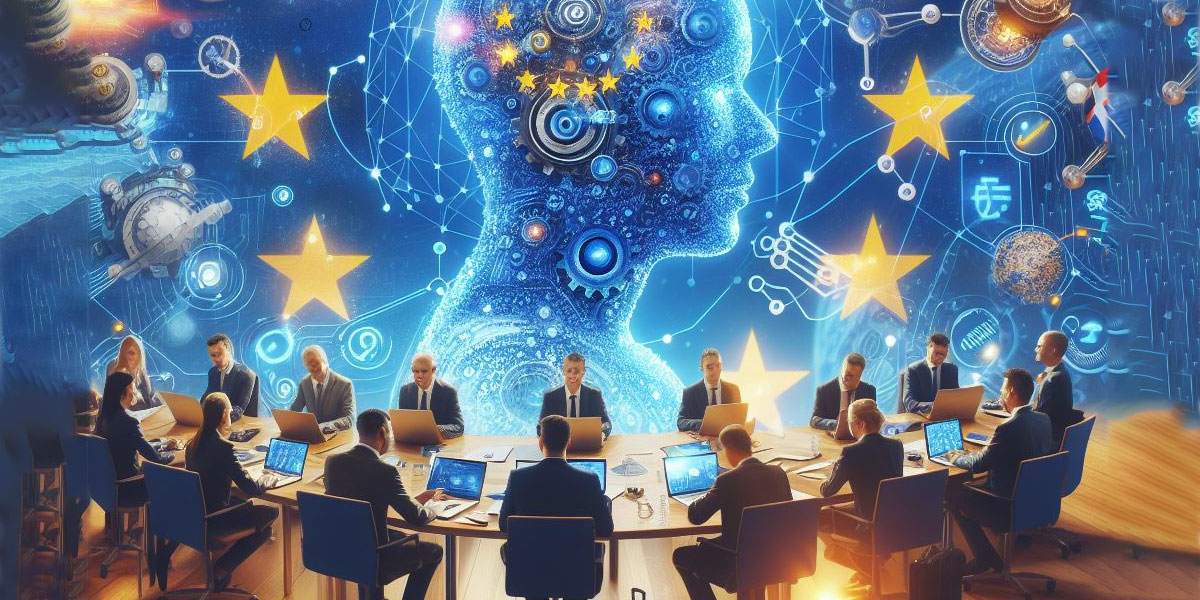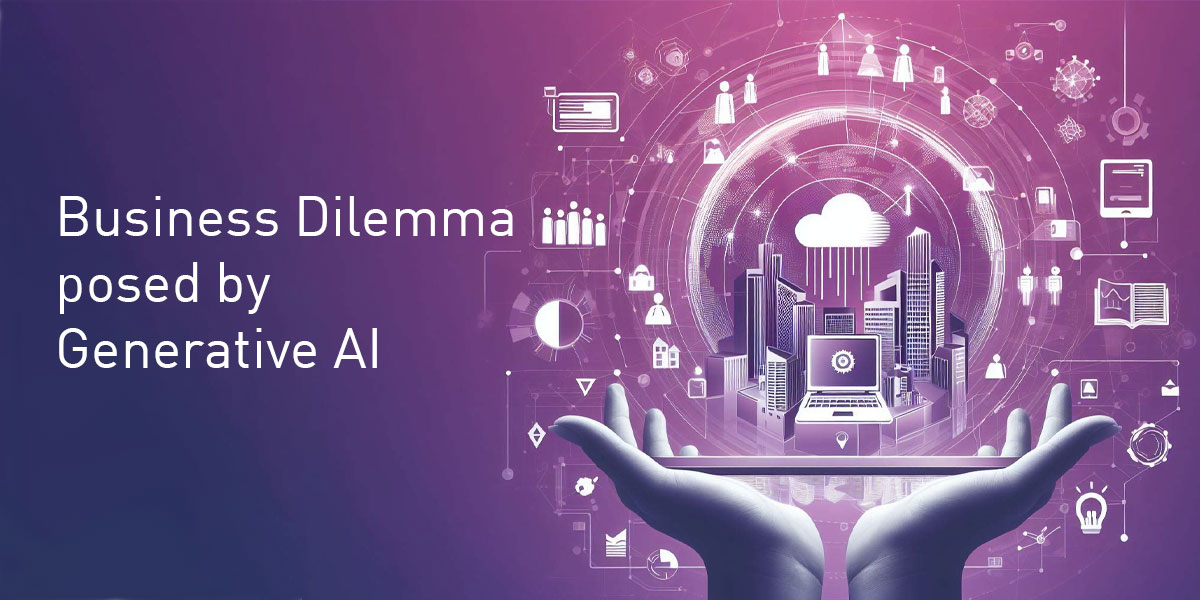Necessary cookies are absolutely essential for the website to function properly. These cookies ensure basic functionalities and security features of the website, anonymously.

DeepMind's new sporting AI
Sport is undergoing a significant transformation, thanks to the advent of advanced artificial intelligence technologies. This change is not just confined to enhancing the viewer experience through personalised streaming services or optimising ticket sales; it's altering the game, particularly in strategy formulation and performance analysis. A notable example of this transformation is Google DeepMind's TacticAI, a system that suggests football/soccer tactics for set pieces, outperforming strategies devised by professional coaches. This breakthrough exemplifies the broader trend of AI's integration into sports, where data-driven insights augment human expertise to push the boundaries of athletic performance and strategy.

Strategic Edge in Football/Soccer with TacticAI
TacticAI by Google DeepMind represents an advanced application of AI in sport, focusing on the tactical aspects of football/soccer, specifically corner kicks. The system analysed 7,176 corner kicks from Liverpool Football Club (FC), a UK football/soccer team, employing predictive and generative AI models to map out player interactions and optimal player positioning. Remarkably, when TacticAI's suggestions were evaluated by football experts from Liverpool FC, they preferred the AI-generated strategies over traditional tactics 90% of the time. This high level of endorsement underscores the potential of AI to refine and even redefine tactical planning in football/soccer.
The implications of TacticAI extend far beyond the football field. Its underlying methodology can be adapted to various team sports where strategic positioning and player interactions are crucial, from American football to basketball and hockey. The adaptability of AI systems like TacticAI illustrates the broad potential of AI in enhancing team performance across the sporting world, providing insights that can lead to innovative tactics and strategies.

Performance Optimisation and Injury Prevention
Beyond tactics, AI's role in sport encompasses player performance optimisation and injury prevention. By analysing vast amounts of data on player movements, physical exertions and game statistics, AI models can identify patterns and risk factors associated with injuries, aiding in the development of personalised training and recovery programs. This aspect of sports AI not only enhances player performance but also extends careers by mitigating the risk of injury.
Furthering this impact, AI's capability to synthesise and interpret complex datasets extends to nutritional guidance, psychological well-being and even the management of off-field activities that contribute to a player's overall performance. Advanced algorithms can recommend dietary adjustments tailored to an athlete's specific metabolic requirements and recovery needs, while predictive models assess mental fatigue levels to suggest optimal periods for rest and mental conditioning. By monitoring social and environmental factors, AI can help coaches and medical teams tailor holistic approaches that enhance both the physical and mental resilience of athletes. This comprehensive application of AI underscores its potential to revolutionise not just the strategies employed on the field, but also the broader ecosystem of support that underpins elite athletic performance.
Enhancing Fairness and Transparency
Another promising application of AI in sports is in the domain of judging and officiating. Innovations like the AI-powered Judging Support System in gymnastics aim to provide more accurate, fair and transparent evaluations of athletes' performances. By reducing human error and bias, AI systems can contribute to a more equitable competitive environment, although the integration of such technologies also raises questions about the balance between human judgement and machine precision.
The integration of AI into sports is not without its challenges and ethical considerations. The reliance on data and algorithms raises concerns about privacy, data security and the potential for biassed outcomes if the data sets are not sufficiently diverse or comprehensive. Furthermore, the increasing use of AI in strategic decision making may lead to debates about the essence of sports, particularly the balance between human intuition and machine-generated insights.
The Future of Sports
As AI continues to integrate into the sporting world, it seems to promise an era of precision in strategy formulation, performance optimisation and injury prevention. However, the successful integration of AI into sports will require a careful balance, ensuring that these technologies augment rather than diminish the human elements that lie at the heart of athletic competition. There has always been pushback and stigma against the integration of technology within the human game of sport, as human error has long been seen as part of the game (see Video Assistant Referee in football). The future of sports will likely be characterised by a synergistic partnership between human expertise and AI, where data-driven insights complement the innate skills and strategic acumen of athletes and coaches, propelling sports into a new era of competition and performance.






